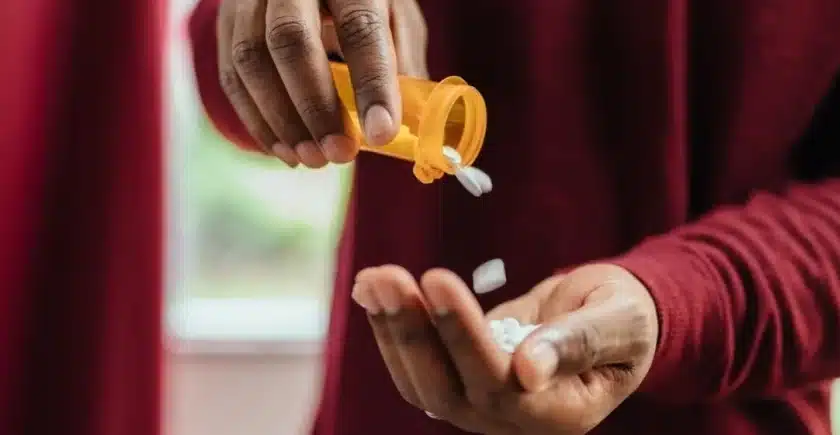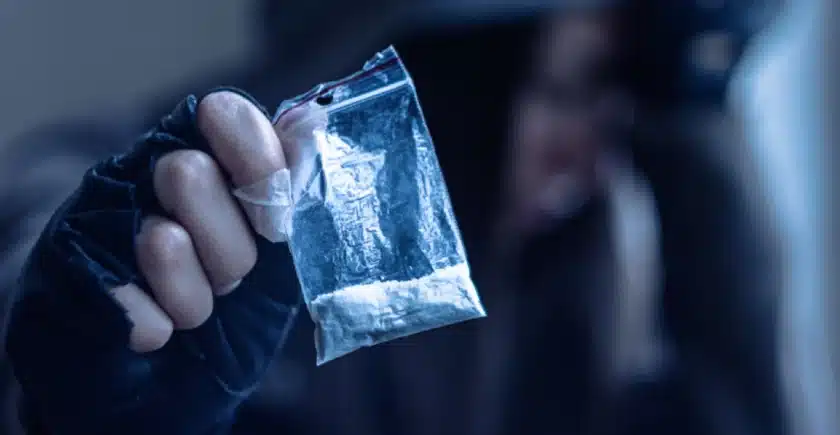The Link Between Trauma and Addiction
Explore the link between trauma and addiction and the importance of trauma-informed care with Recovering Champions.
Finding Your Calm: Effective Ways to De-Stress
Discover practical ways to de-stress and flourish in this expert guide from Recovering Champions.
Guiding Lights: Essential Addiction Recovery Books
Get an expert guide from Recovering Champions to explore the popular addiction recovery books and their significance.
8 Simple Ways to Say ‘No’ to Alcohol
Explore easy and polite ways to refuse alcohol in any situation at Recovering Champions.
Alcoholism’s Role in Family Relationships
Explore the profound impact of alcoholism on families and rebuild damaged relationships with Recovering Champions.
Binge Drinking: Dangers You Shouldn’t Ignore
Recovering Champions offers information on the risks and effects of binge drinking, as well as measures to prevent it.
Beyond Pain Relief: Exploring the Dangers of Opioids
Explore the dangers of opioids and find support at Recovering Champions. Your path to recovery starts here.
Symptoms of Amphetamine Withdrawal
Recover from amphetamine withdrawal symptoms with expert care at Recovering Champions. Click here for more.
Addiction Treatment in Massachusetts
Looking for addiction treatment in Massachusetts? Recovering Champions offers effective solutions. Click here.
Exploring Amphetamines: A Closer Look
Explore what amphetamines are and embark on a journey to recovery with support from Recovering Champions. Click here










